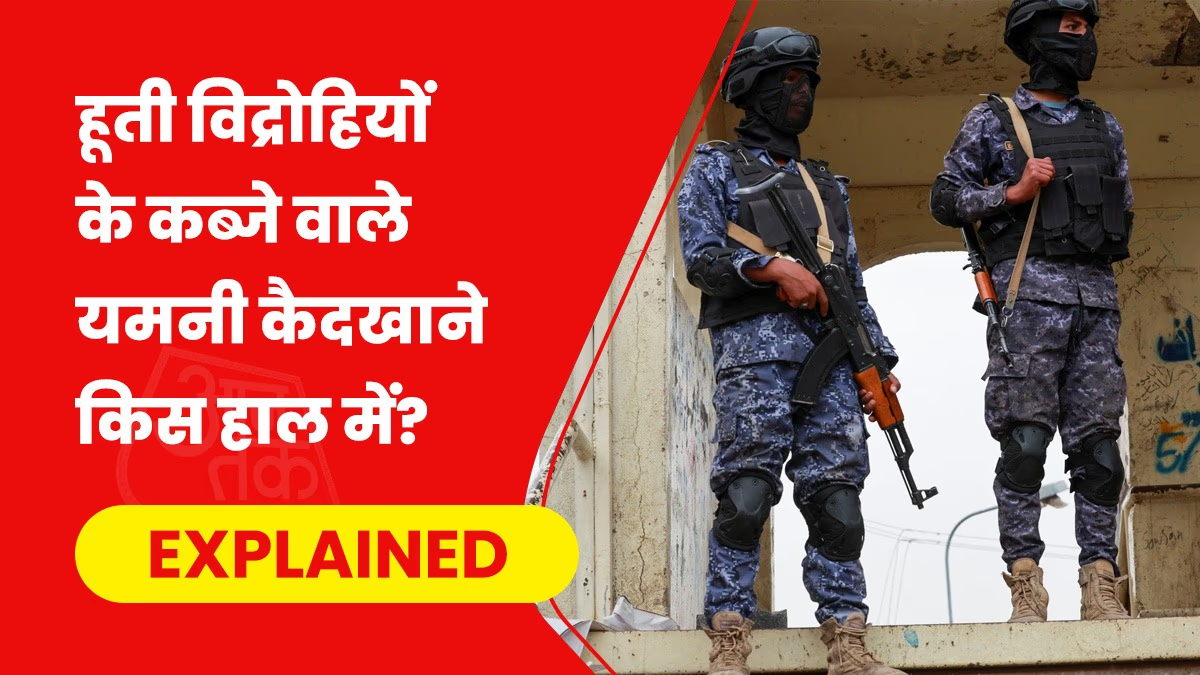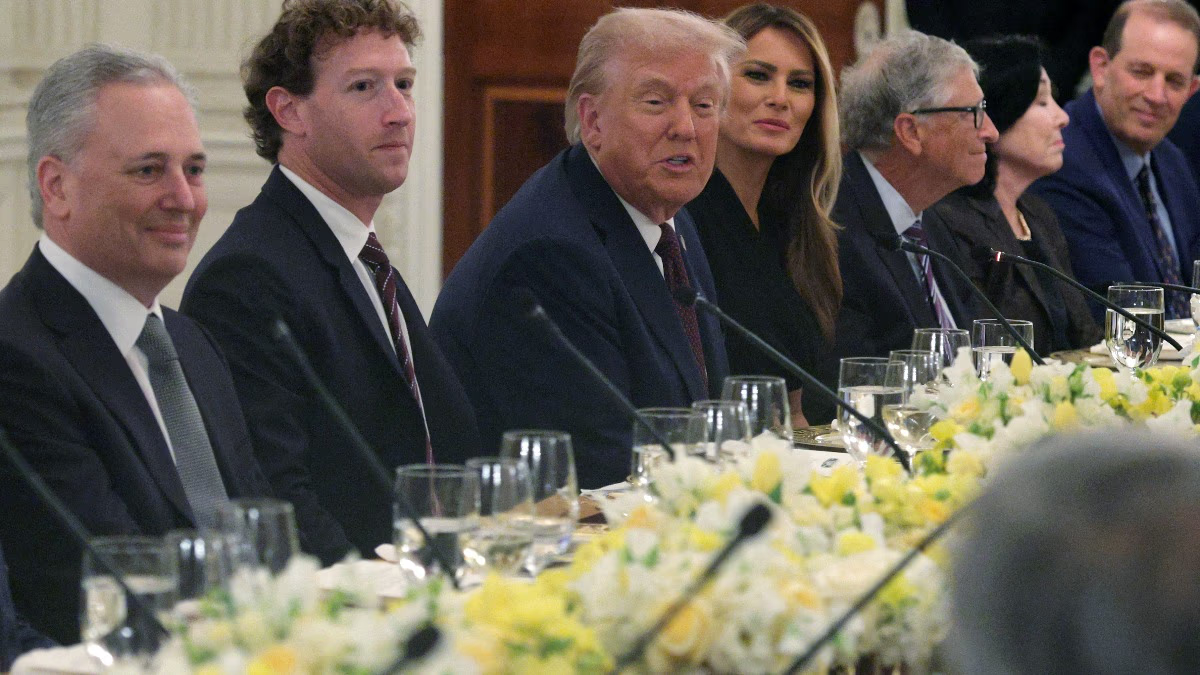The story of Kerala nurse Nimisha Priya has captured public attention. In 2017, she was convicted of murdering her business partner and sentenced to death. Due to appeals by the Indian government and negotiations involving religious leaders, her execution has been temporarily stayed. However, the conditions in the prison where she resides are dire. Yemeni prisons are notorious for their harshness, where even accusations of indecency can lead to imprisonment of women.
Why Yemen’s Conditions are Dire
Yemen has been embroiled in instability for over a decade. During the Arab Spring in 2011, the Houthi militia became highly active. As neighboring countries became involved, the situation worsened. Due to ongoing conflicts, institutions like schools, hospitals, and government offices are in disarray. The country is now under two governments: the internationally recognized one and the Houthi rebels’ own regime. Both factions have different laws, courts, and prisons.
The country’s instability means imprisonment without due process is common. Often, mere suspicion or violation of codes regarding women leads to imprisonment. There's no requirement for evidence or investigations; a man’s testimony is often sufficient. Allegations involving indecency, espionage, or moral policing frequently result in wrongful detentions.
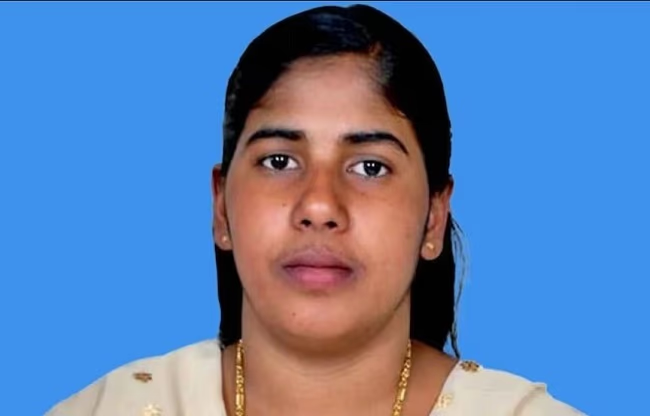
Source: aajtak
Poor Health Facilities in Prisons
The fundamentalist nature of the country hits women the hardest. Ordinary women live in captivity-like homes; thus, prisoner women face worse. They endure all forms of violence. Rooms are crowded, and personal space is minimal, with only bi-daily bathroom access. Protesting against such conditions results in solitary confinement in dark rooms. Cleanliness is almost nonexistent. Pregnant prisoners face impossible birthing conditions, and postpartum infections frequently lead to mother and child fatalities.
During incarceration, these women cannot contact lawyers or family. Generally, even after serving a sentence, they aren’t released until a male guardian arrives to claim them. Often, estranged families due to Yemen’s anti-women stance leave these women imprisoned indefinitely.
What Global Organizations Say
The UN continually reports on women’s conditions in Yemeni prisons. According to the United Nations Population Fund, poverty and inflation mean even basic meals are scarce for prisoners. The situation is grimmer for women prisoners. They receive just one meal a day, and mothers must share this with their children.
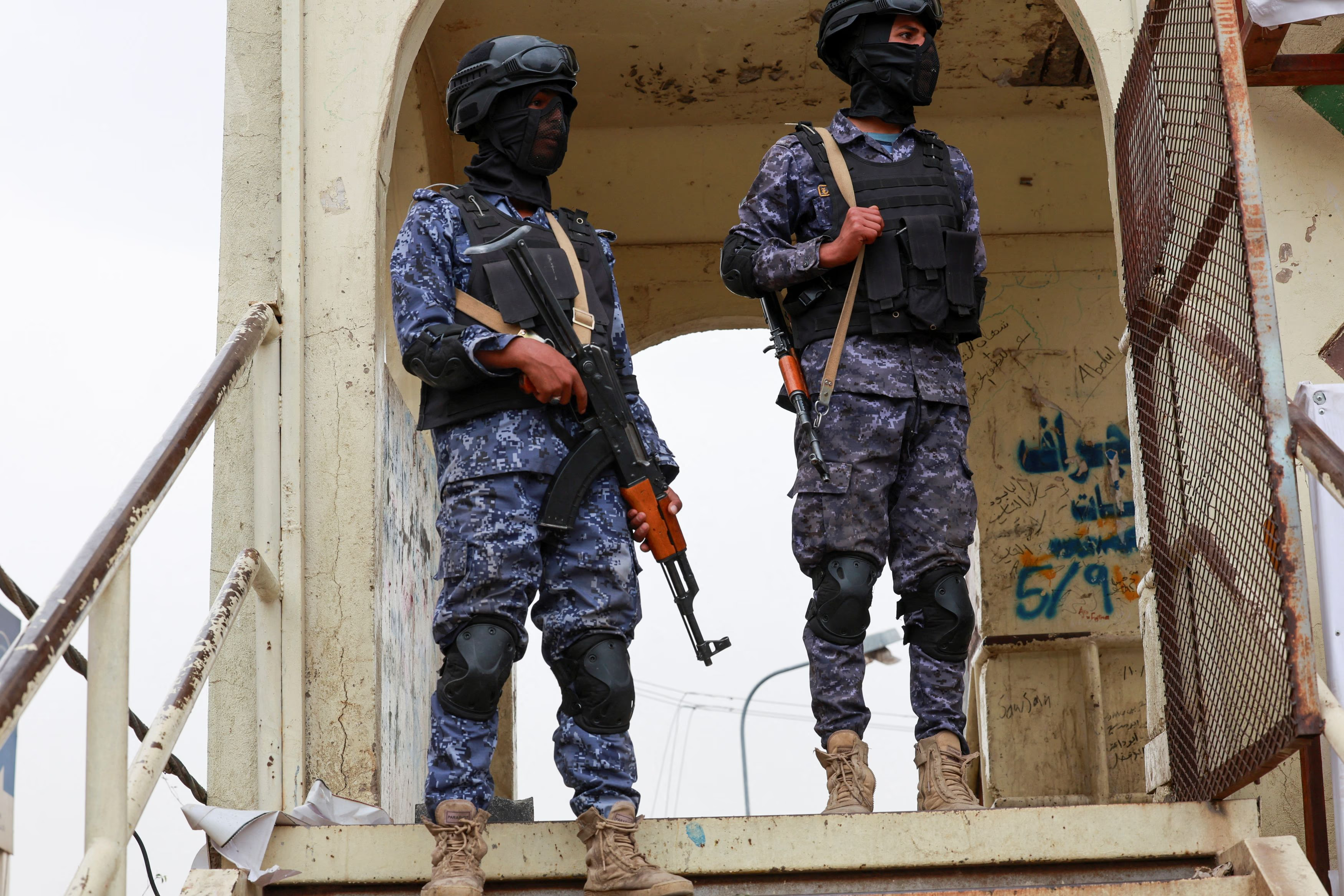
Source: aajtak
Unofficial Detention Centers by Houthi Rebels
Much of Yemen is under Houthi control. Claiming themselves as the government, they operate a separate system, including prisons. Official Yemeni prisons are horrific, yet those under Houthi control are even worse. An NGO named Mwatana released a report in 2020 titled 'In the Darkness,' documenting female conditions from 2016 to April 2020 in Houthi prisons.
According to the report, Houthi rebels maintain 11 unofficial detention centers where women are forcefully detained, sometimes suffering lethal violence. These sites serve to keep detainees indefinitely—sometimes for years or their entire lives.
These prisons experiment with various ways to harass prisoners. As per the 'In the Darkness' report, withholding food and water is among the simplest punishments here. Physical and sexual assaults are also rampant.
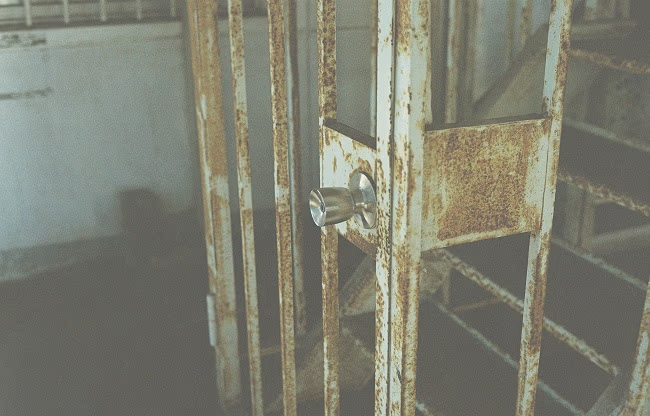
Source: aajtak
The Guardian reported via Associated Press that these prisons are the biggest threat to women activists who focus on human rights. Most such activists are either underground or imprisoned, making their release unlikely.
The political state of the country is so fractured that United Nations aid workers, generally granted immunity in conflict zones, are also not spared from the terror of Houthi rebels. To date, over two dozen activists from the UN and other organizations have been jailed. This includes individuals who were merely distributing relief supplies.
Prison Holding Nimisha Priya
Now let's focus on the prison holding Nimisha. She is in Sana’a Central Prison, under Houthi control. The official government has no jurisdiction here. The Houthis decide the treatment of detainees. Once a detention center for terrorists or traitors, it now holds a wide range of prisoners, from thieves and robbers to those jailed for major crimes like murder.
The small cells are often overcrowded with women. For difficult prisoners, solitary confinement is an option. Information rarely escapes from these prisons, so it cannot be confirmed what kind of imprisonment Nimisha is under or in what condition she resides.
